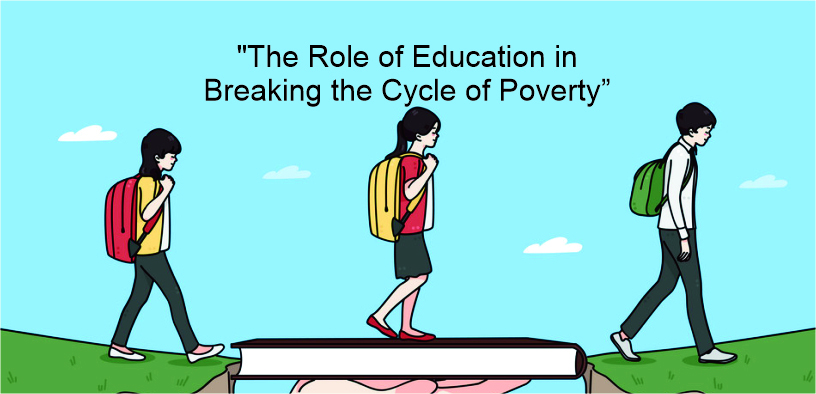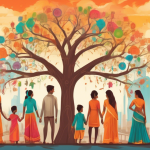Addressing Poverty: Effective Policies to Break the Cycle

Poverty is a persistent challenge affecting millions worldwide, trapping individuals and communities in cycles of hardship and limited opportunities. Addressing poverty requires a multifaceted approach that tackles its root causes while fostering long-term solutions. Well-designed policies can break the cycle, enabling individuals to achieve self-sufficiency and contribute to broader societal growth.
Education is one of the most powerful tools to combat poverty. Access to quality education equips individuals with the skills needed to secure better-paying jobs and improve their quality of life. Governments and organizations must prioritize free or subsidized education, vocational training, and lifelong learning opportunities, ensuring that no one is left behind due to financial barriers.
Healthcare access is another critical factor. Illness and lack of medical care often push vulnerable populations deeper into poverty. Policies that provide affordable or free healthcare, along with preventative care measures, can significantly reduce this burden. Universal healthcare systems, community health programs, and investments in public health infrastructure are effective ways to address these challenges.
Financial inclusion is essential for breaking the poverty cycle. Many impoverished individuals lack access to banking services, credit, and financial literacy. By promoting microfinance initiatives, mobile banking, and community savings programs, governments can empower people to build assets, invest in their futures, and weather economic shocks.
Social welfare programs such as conditional cash transfers, food assistance, and unemployment benefits also play a vital role in alleviating immediate hardships. These programs must be designed to reach the most vulnerable populations, with transparency and accountability to ensure resources are used effectively.
Addressing poverty on a broader scale requires sustainable development policies. Investments in infrastructure, renewable energy, and job creation initiatives can stimulate economic growth and provide opportunities for impoverished communities. Partnerships between governments, NGOs, and private enterprises can drive these efforts forward.
Breaking the cycle of poverty demands collective action. Policymakers must prioritize inclusivity, equity, and sustainability, while individuals and organizations can contribute through advocacy, volunteering, and support for anti-poverty initiatives. By working together, societies can create environments where everyone has the chance to thrive and succeed.
Poverty eradication is not just a moral imperative—it is a necessity for global stability and prosperity. With the right policies and a commitment to change, breaking the cycle of poverty is not only possible but achievable within our lifetime.










